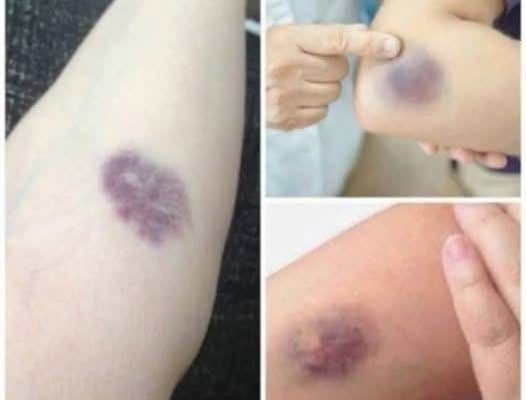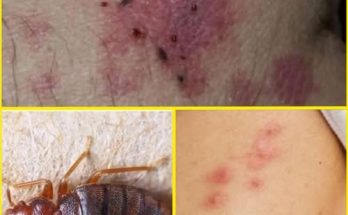Bruising happens when tiny blood vessels break under the skin, often from bumping into something. These red, blue, or purple marks usually fade to yellow as they heal. But if you bruise often or without reason, it might signal a health issue.
Lacking certain vitamins can make you bruise more easily. *“Without enough vitamin C, the more fragile your blood vessels may become.”* Vitamin K helps your blood clot—too little can mean more bruising. Deficiencies in vitamins D and B, or overuse of supplements like fish oil, garlic, and ginkgo, can also contribute.
Blood thinners (like aspirin or ibuprofen), steroids, or antidepressants can increase bruising. Aging makes skin thinner and blood vessels weaker, especially with sun damage.
Frequent bruising might point to diabetes, anemia, or blood-related diseases like leukemia. *“Excessive bruising may also be a sign that you have a serious medical problem.”*
Try RICE (rest, ice, compression, elevation) and acetaminophen for pain. Avoid aspirin. Keep your home safe to prevent falls. Most importantly, *“talk to your doctor”* if bruises are unexplained, don’t fade, or keep coming back.



